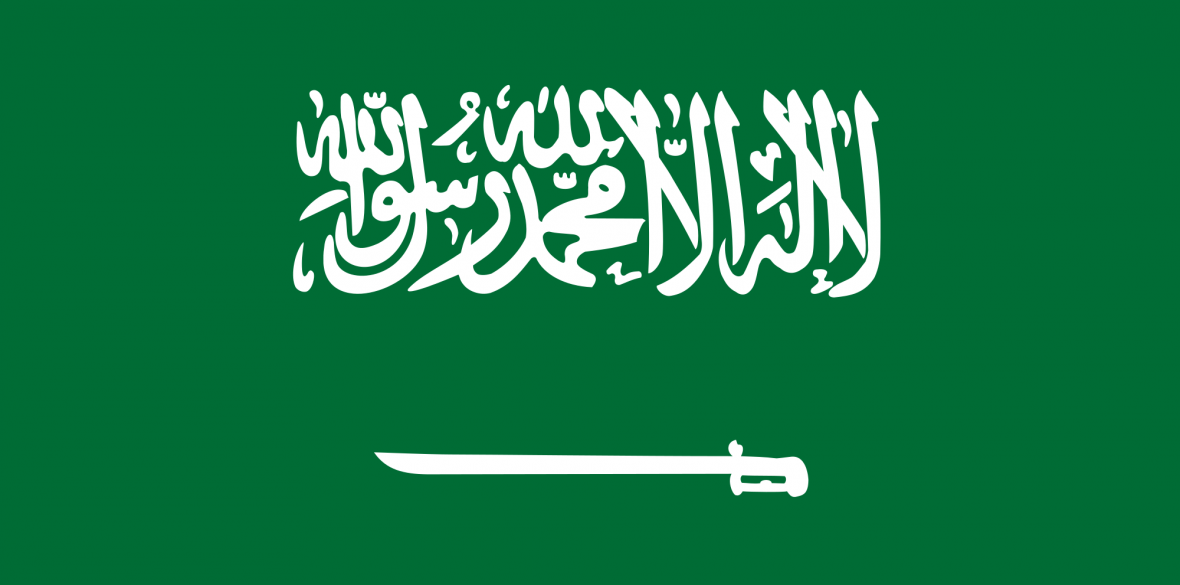This is the last article you can read this month
You can read more article this month
You can read more articles this month
Sorry your limit is up for this month
Reset on:
Please help support the Morning Star by subscribing here
WESTERN allies of the despotic Saudi monarchy talk loudly of possible consequences if Washington Post columnist Jamal Khashoggi was indeed murdered in Riyadh’s Istanbul consulate.
Turkish officials were due to carry out a joint inspection of the consulate last night alongside Saudi officials, but is any evidence likely to survive a fortnight after Khashoggi’s disappearance?
Ankara claimed earlier to have evidence that the journalist, who has angered the House of Saud for reporting honestly on many issues, not least the barbaric war in Yemen, was murdered in the consulate by a specially dispatched hit squad before being dismembered and removed from the building.
If it has such evidence, what point is there in agreeing to a joint “inspection?”
Have the economic threats delivered by the Saudi monarchy hit home and persuaded Turkish Prime Minister Recep Tayyip Erdogan — no slouch in the state terrorism stakes himself — to engage in a charade before concluding it’s all a mystery, so let’s move on.
It doesn’t require an internal consulate inspection to conclude that something very unpleasant happened there on October 2.
No-one disputes that Khashoggi went into the consulate to obtain documents needed for his marriage. The Saudi regime insists he left later, but his Turkish fiancee, waiting for him outside, denies this.
Saudi Arabia, like a number of oil-rich states, has amassed huge foreign investment funds over decades, investing substantial sums in Turkey and it clearly has the potential to cause problems for the Erdogan regime.
It is quite possible that, in their telephone conversation on Sunday, Saudi King Salman left the Turkish leader in no doubt that agreeing to a “joint working group” to probe the mystery of Khashoggi’s disappearance would be much less troublesome for Ankara than making a fuss about a hit squad and dismemberment of a body.
That Turkey can be intimidated by economic blackmail from Saudi Arabia and possibly its Gulf Co-operation Council (GCC) allies is unsurprising, but what is the excuse for the US, Britain and the European Union?
US President Donald Trump has given one of the Grand Old Duke of York performances, declaring at the weekend that the Khashoggi case was "being looked at very, very strongly.”
He threatened “severe punishment” if Khashoggi was found to have been killed in the consulate, but, when asked about economic/military sanctions against Riyadh, the US president stressed that a potential $110 billion arms deal with Saudi Arabia takes precedence over retribution against a close US ally murdering one its own citizens, chopping up his body and disposing of it.
Who could be surprised when both Washington and London have prioritised trade deals over strong action to persuade Saudi Arabia and its regional allies to end their murderous bombing of Yemen, the poorest country in the Arab world?
Their avowed intent is to starve Houthi forces and the civilian population from which their fighters come in order to restore Riyadh’s ally Abd-Rabbu Mansour Hadi to the presidency. And the result is impending mass famine.
Theresa May’s government is up to its neck in Yemeni blood, sending the planes, missiles and expert RAF personnel to better prosecute the Saudi monarchy’s war.
Had the US and Britain not encouraged Riyadh in previous illegal adventures such as arming, training and financing jihadist extremists in Syria, this medieval gang of head-choppers would not feel able to threaten critics now.
The demand for sanctions on Riyadh is unanswerable, underlining the pressing need for election of a Jeremy Corbyn-led Labour government to operate a less venal foreign policy.










